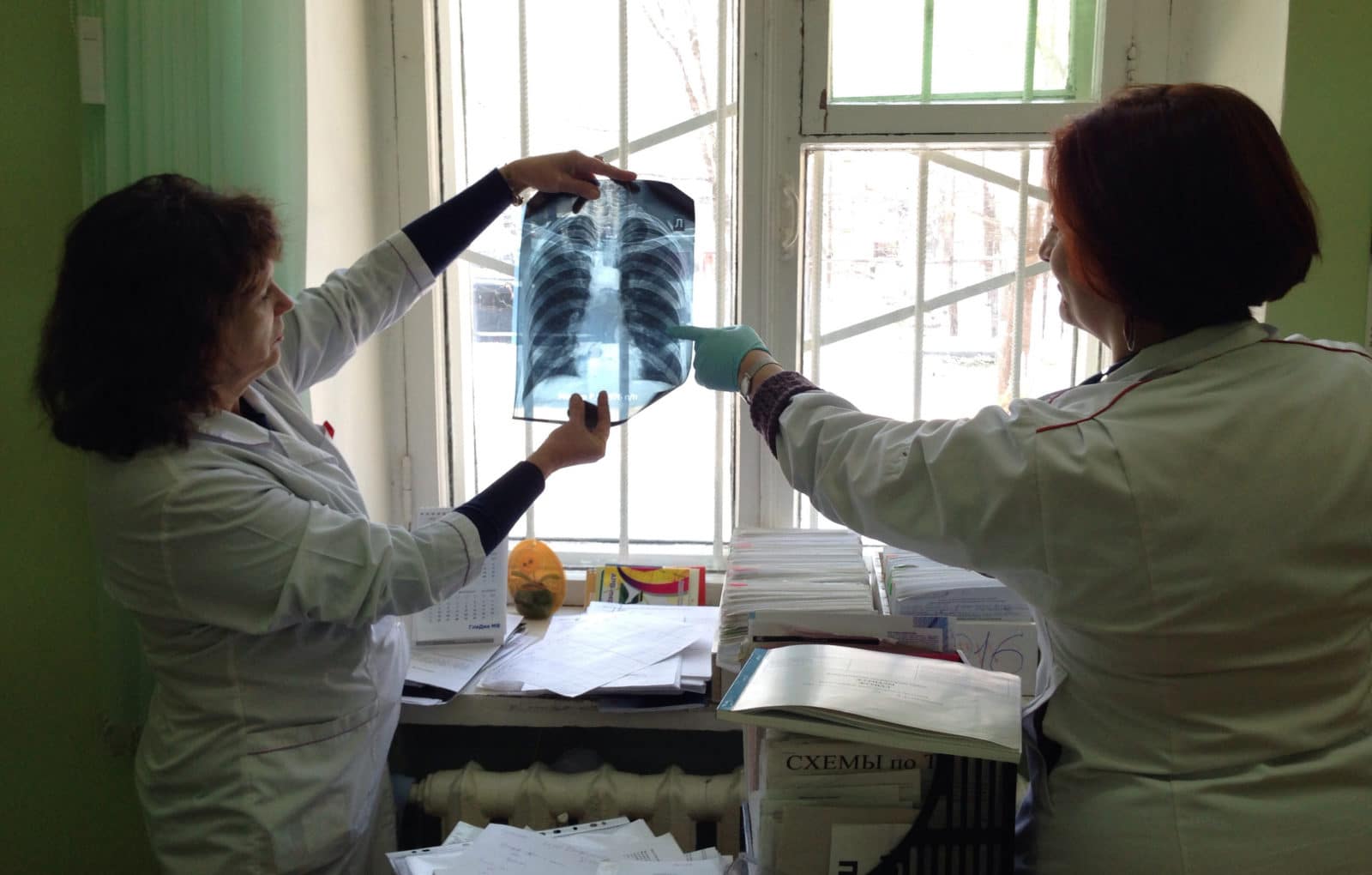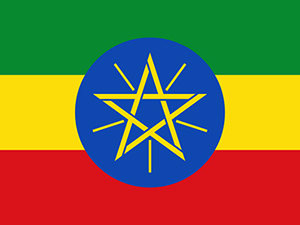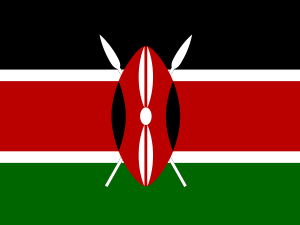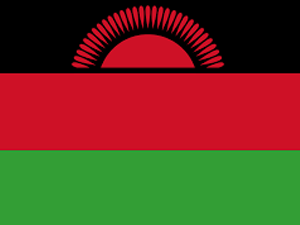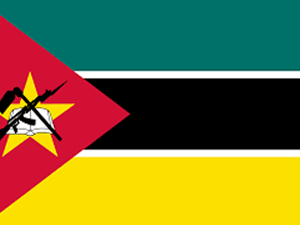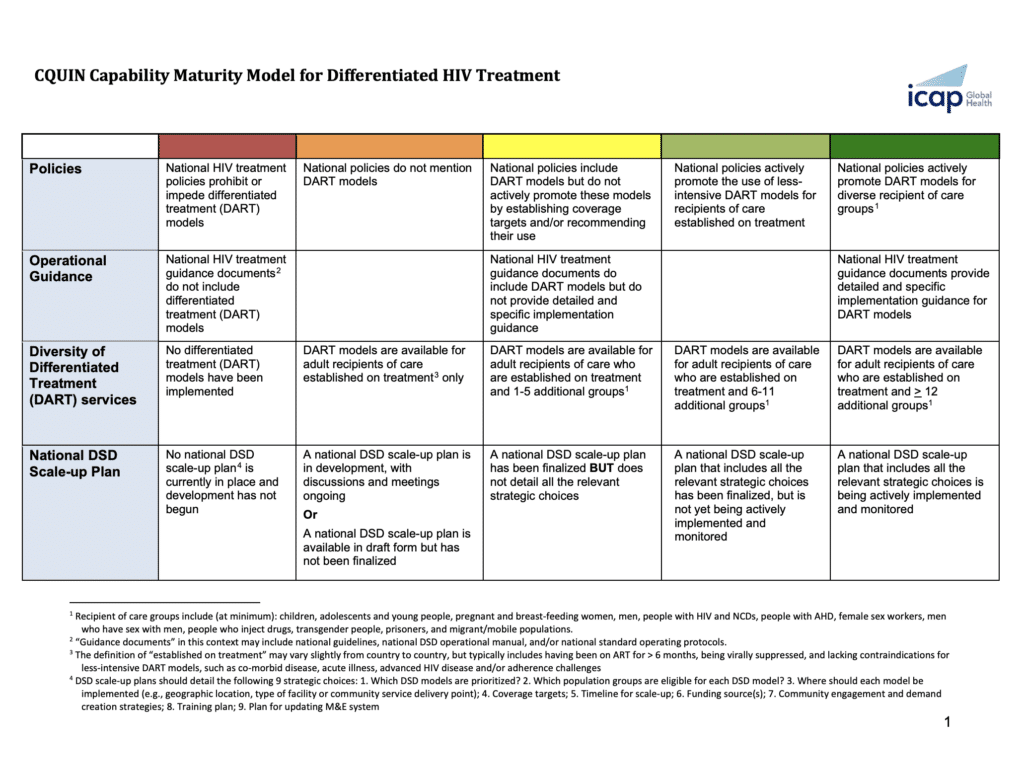Research and Evaluation Report
“Tuberculosis (TB) is the major cause of mortality in people living with HIV (PLHIV) in Swaziland that often goes undiagnosed. Intensified TB case finding (ICF) is a key intervention in reducing the burden of TB among PLHIV, and is a gatekeeper to the other TB control measures that form the ‘Three Is’, including TB infection control (TB IC) in congregate settings, and isoniazid preventive therapy (IPT). However, ICF among PLHIV remains a challenge because TB presentation in HIV is atypical, and the available diagnostic methods are less accurate or delay disease identification and appropriate initiation of therapy.
In spite of advances, the need for a simple and inexpensive point of care assay has been gathering momentum. One promising phenomenon is the recent demonstration of moderate sensitivity and high specificity of a TB LAM test among PLHIV, which may show potential for complementing the existing ICF efforts. This commercially available TB LAM test detects the lipoarabinomannan (LAM) antigen from Mycobacterium tuberculosis in urine of patients with pulmonary and extra-pulmonary TB. The Ministry of Health and partners have a goal of improving TB case detection in PLHIV. In 2015, the Ministry jointly implemented an evaluation of an incremental added value of the urine TB LAM test into routine TB screening among PLHIV attending ART clinics for care and treatment in Swaziland. This implementation research generated evidence to help inform timely diagnosis and treatment, and to improve TB case detection among presumptive TB patients who are unable to submit sputum. It also evaluated utility and issues surrounding nationwide-scale implementation of Urine TB LAM test when used in conjunction with the TB symptom screening tool.
This report describes a prospective observational cohort study of consecutive HIV positive patients attending the ART clinics at Mbabane, Hlatikulu Government, and Raleigh Fitkin Memorial Hospitals for treatment and care.”
Resources
